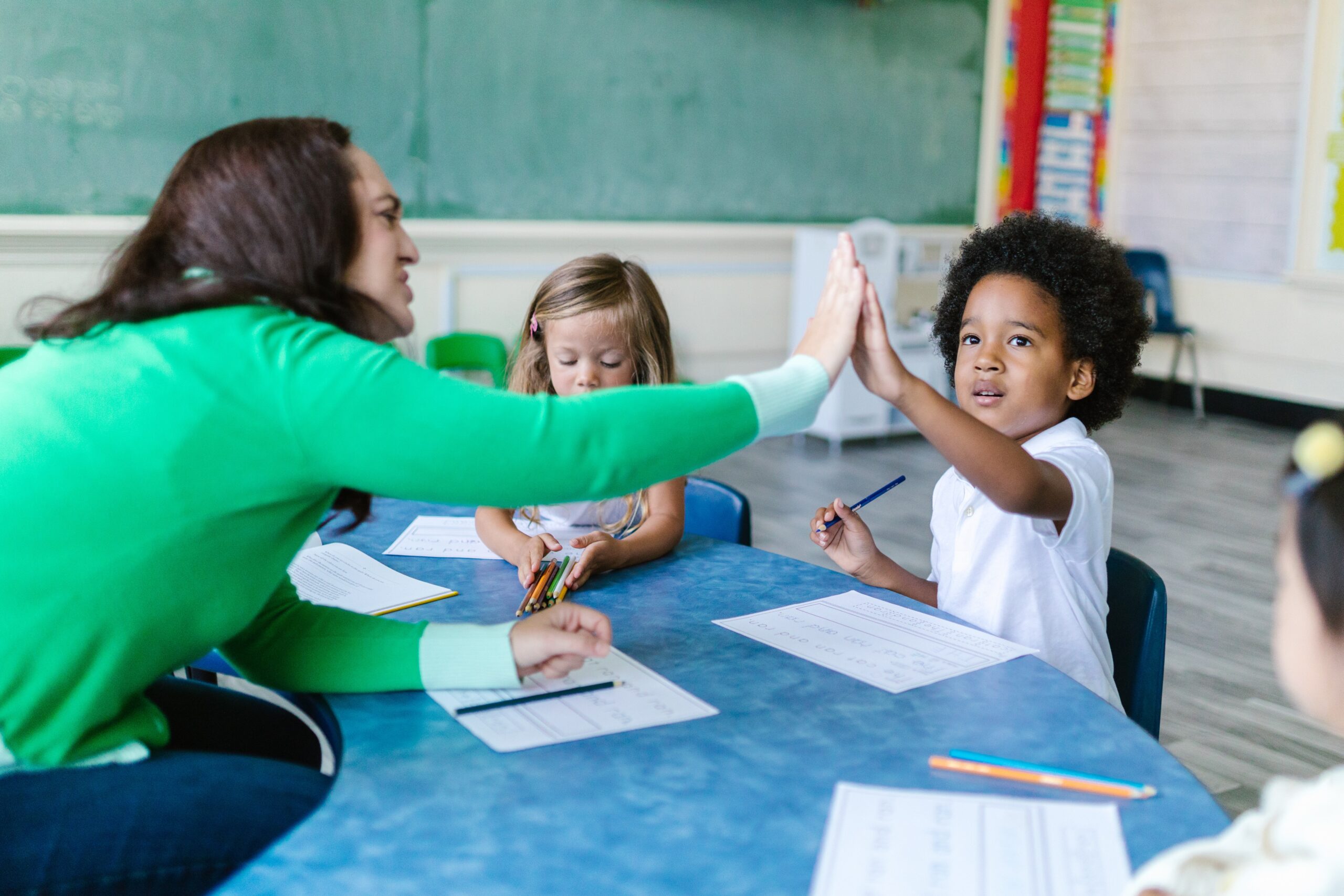Back to school can be a both exciting and challenging to children and youth. Exciting to think about the next stage of learning and challenging due to the unknown of new classmates, teachers and perhaps a new building. We know the long term impact of Adverse Childhood Experiences but have spent less time thinking about the long term impact of Positive Childhood Experiences on mental health and social connectedness into adulthood.
Positive Childhood Experiences (PCEs) help protect children from the adverse effects of traumatic experiences. Kids who experience many PCEs learn to trust the support of social connections, and social connectedness is linked to healthy adult mental health.
Positive Childhood Experiences
1. Ability to talk with family about feelings. Thoughts, feelings, and experiences are shared openly and honestly, and dialogue around feelings is welcomed. This could be through a parent checking in every so often or even sharing their own feelings (in an appropriate way) to encourage the child to share. Sharing emotions also promotes emotional intelligence in growing minds by identifying and expressing a felt experience.
2. Felt experience that family is supportive in difficult times. When a difficult experience occurs in a child’s life, a parent offers support through presence and/or expresses support through words. Taking the time to notice and be with the child through this helps them to feel as though the parent is by their side and on their side. It doesn’t have to be much, but even just a little moment can go a long way in teaching the child that they matter.
3. Enjoyment in participation in community traditions. Traditions generally allow us to feel part of a greater whole. Having traditions in childhood creates a rhythm that binds us to the greater whole and connects us to our families. Celebrating traditions allow for meaningful moments to be had within families and among communities. This can help a child feel connected, garner a greater sense of community, and promote life-long (positive) memories.
4. Feeling of belonging in high school. High school can be a challenging experience, but belonging can be found in many places. This sense of belonging can come from participation in extracurricular activities, joining clubs or groups that share a similar interest, or simply finding peers to connect with in a meaningful way. Feeling connected and having positive relationships is key to feeling like they belong.
5. Feeling of being supported by friends. Similar to feeling supported by family – it is important that children feel that support from their friends. A parent is essential here because they are the model for a child’s first understanding of relationships. A parent can model what it looks like to have healthy, supportive relationships with friends, and encourage their children to find the same qualities in the friends they choose.
6. Having at least two non-parent adults who genuinely care. While it is vital for a child to feel supported by their family, it is also essential that they have supportive adults outside the home. These adults could be teachers, counselors, coaches, mentors, a friend’s parent, etc. It is an adult who is a positive influence with whom they have a healthy attachment, a person they feel they can talk to or turn to besides their parent(s).
7. Feeling safe and protected by an adult at home. Feeling safe and protected can look like many different things: It can look like being physically cared for – protected from physical danger. It can also look like being kept safe from overwhelming experiences. Whatever it may be, it is crucial that a child feels that the parent(s) in their life are available and doing what they can to keep the child safe and healthy. This allows the child to focus on things beyond basic needs being met.



